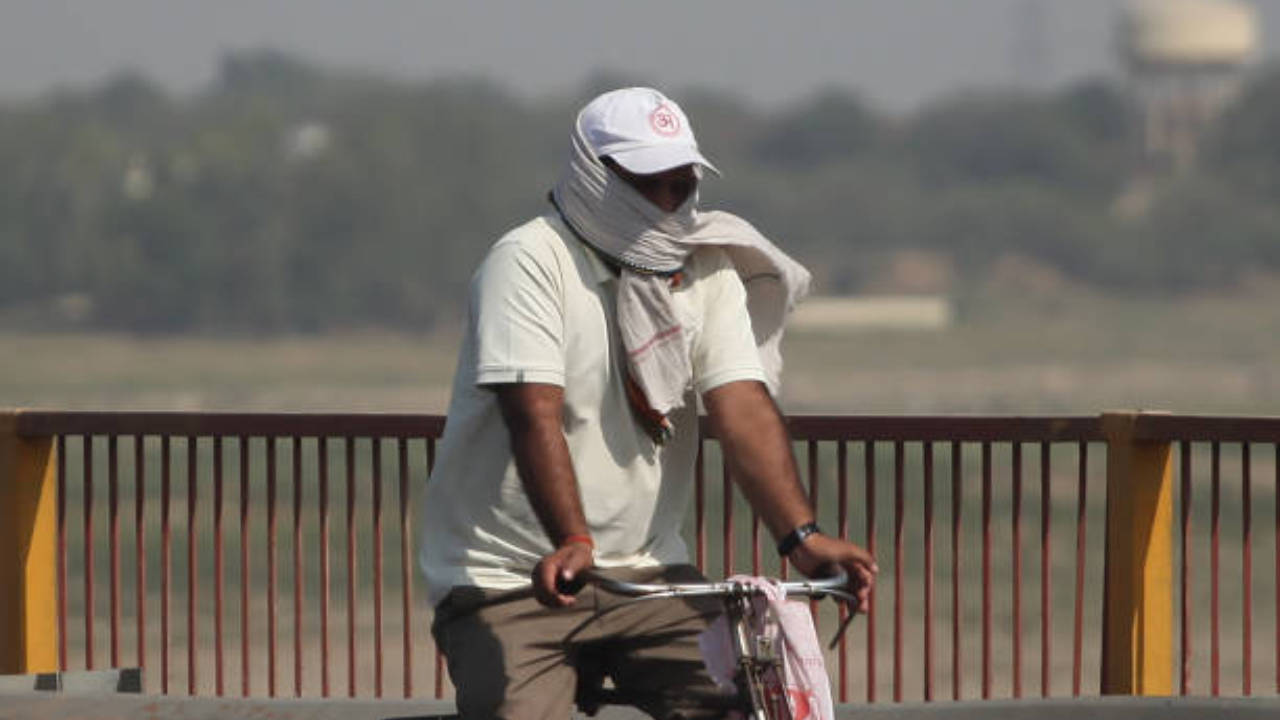[ad_1]
As temperatures rise, it’s crucial to take care of yourself and others. Follow these simple tips to stay cool and comfortable, the health ministry has warned.
The list of precautions are:
- Health of elderly or sick people living alone should be monitored on a daily basis.
- Use curtains, shutters or sunshades and open windows at night
- Try to remain on lower floors during the day
- Use a fan and damp clothes to cool down the body.
“Heat wave to severe heat wave conditions are likely to continue over northern parts of India during next 4-5 days,” the India Meteorological Department has said in a press release on Thursday.
How yoga elevates overall well-being
“Heat wave to severe heat wave conditions very likely in some/ many parts of Uttar Pradesh during 13th-17th; Gangetic West Bengal, Bihar, Jharkhand during 13th-15th and isolated heat wave over Jharkhand on 16th June, 2024,” the IMD has warned and has estimated that heat wave conditions very likely in some pockets of Punjab and Haryana-Chandigarh-Delhi during next 5 days with severe heat wave conditions in isolated pockets on 13th, 16th & 17th June.
Orange alert in Delhi
The IMD has issued an orange alert in Haryana-Chandigarh-Delhi- Punjab till June 17. An orange alert means there will be high temperature and increased likelihood of heat illness symptoms in people who are either exposed to sun for a prolonged period or doing heavy work. “Use ORS, homemade drinks like lassi, torani (rice water), lemon water, buttermilk, etc. to keep yourself hydrated,” the IMD has advised.
“This has been the longest spell because it has been experienced for about 24 days in different parts of the country,” the head of India’s Meteorological Department (IMD), Mrutyunjay Mohapatra, said in an interview with the Indian Express.
How to stay safe during intense heatwave?
During an intense heatwave, staying safe is crucial. First, stay hydrated by drinking plenty of water, avoiding alcohol and caffeine, which can dehydrate you. Wear lightweight, light-colored, and loose-fitting clothing to keep cool. Avoid outdoor activities during peak heat hours, typically between 10 a.m. and 4 p.m. If you must be outside, take frequent breaks in the shade or indoors with air conditioning.
Use fans and air conditioning to maintain a cool indoor environment. If you don’t have AC, visit public places like malls or libraries. Take cool showers or baths to lower body temperature. Eat light meals to avoid generating excess body heat.
Protect your skin with sunscreen and wear a wide-brimmed hat and sunglasses. Check on vulnerable individuals such as the elderly, children, and pets, ensuring they stay cool and hydrated. Recognize signs of heat-related illnesses, like heat exhaustion and heat stroke, and seek medical attention if needed.
[ad_2]
Source link







